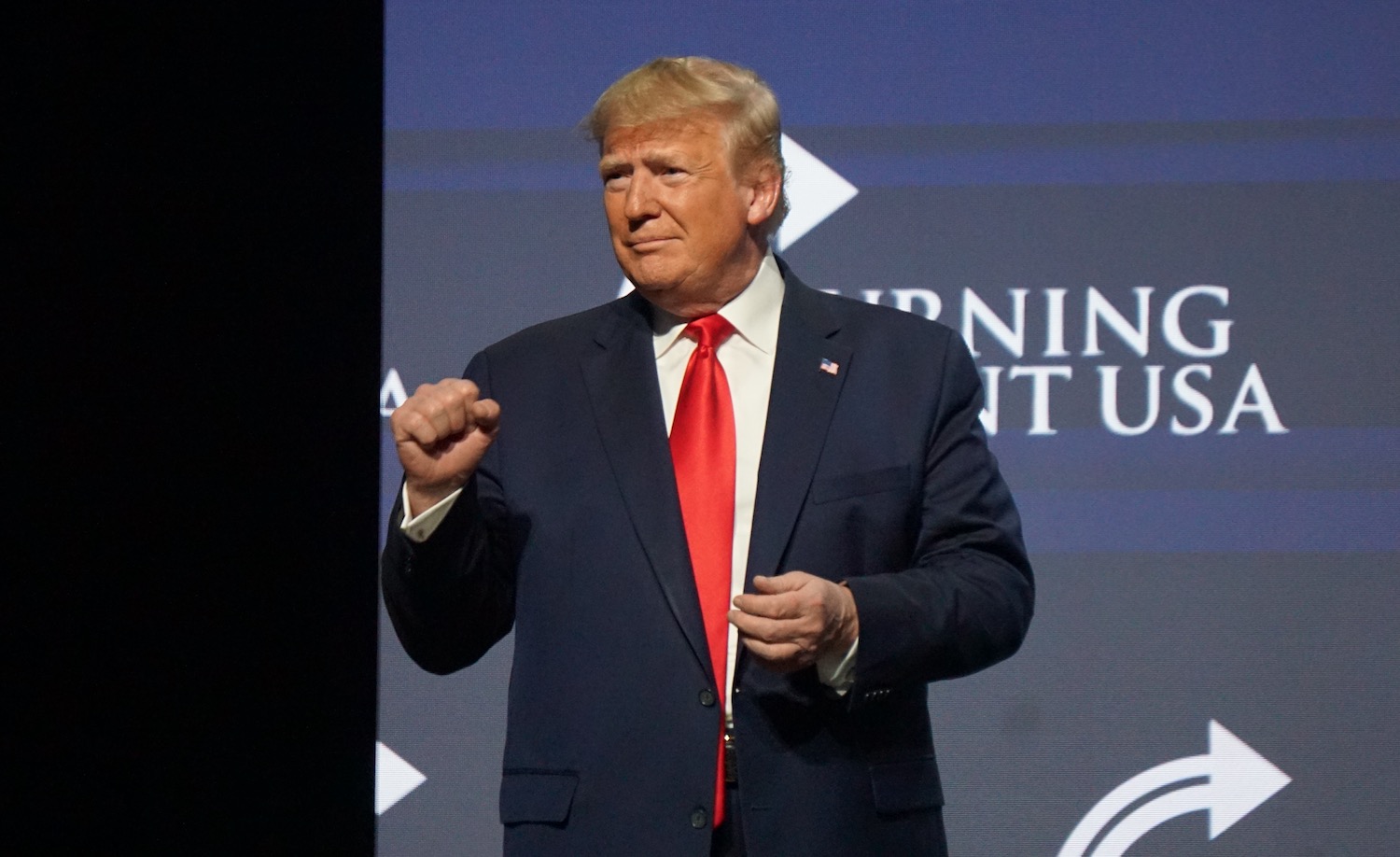According to a recent op-ed by Arizona State Troopers Association head Jeff Hawkins for the Arizona Republic, the Department of Public Safety cannot adequately retain enough highway patrol troopers to aid drivers in need throughout the Grand Canyon State.
The reason, according to Hawkins, is low pay.
"Despite warnings in recent years about drastically reduced filled positions at DPS, the state continues to see troopers retire or leave for higher paying jobs in other jurisdictions," he wrote, adding, "Recent incremental raises haven't stanched the loss of personnel. And so, DPS sits at a precipice: without significant pay raises to recruit new troopers, we may not be able to patrol the highways even during daylight hours."
Does Texas have a constitutional right to defy Supreme Court on protecting its border?
The statistics only heighten the disparity: Since 1974, when the State Department of Transportation was established, Arizona has constructed 1100 miles of new highways, but there have not been new trooper positions since the 1990s.
There are 1,500 sworn full-time equivalent (FTE) positions, and approximately 479, nearly a third, are vacant. Three hundred nine of those empty positions are in highway patrol alone, and 103 of those 309 are in the Phoenix metropolitan area.
That leaves 13 of Arizona's 15 counties without 24-hour coverage.
As mentioned, the pay rate for highway patrol troopers is uncompetitive, and Phoenix-area law enforcement agencies have poached troopers into their ranks because of better pay.
In February, Governor Katie Hobbs (D-AZ) proposed a 5% pay raise for all law enforcement. Still, Hawkins' op-ed suggests that hiring and retaining highway patrol troopers would be easier if a 15% raise across the board was implemented.
Such an investment would cost $35 million, but Hawkins argued that this was "just a blip" in a state budget of $17 billion.
"Legislators and the governor must balance numerous competing priorities when crafting the state's spending plan. But a budget is all about priorities, and voters expect public safety to take a backseat to no other issue," Hawkins continued, concluding with, "The cost is minimal, but the benefits are tangible."









